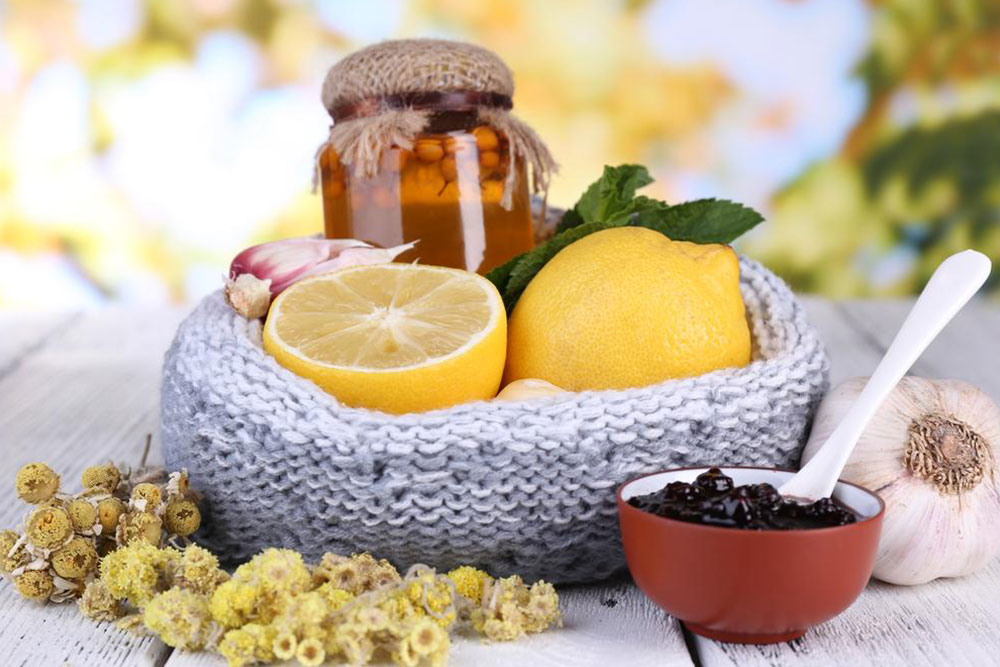Natural and Effective Methods to Reduce Uric Acid Levels for Better Health
Discover effective natural strategies to control and lower uric acid levels. This comprehensive guide highlights dietary adjustments, hydration tips, and lifestyle changes that can help prevent gout and related health issues. Incorporate anti-inflammatory foods, limit sugar and alcohol intake, and stay well-hydrated to maintain optimal uric acid balance naturally and improve your overall health.

Natural and Effective Methods to Reduce Uric Acid Levels for Better Health
Uric acid is a metabolic byproduct formed when the body breaks down purines, which are naturally present in certain foods and beverages. Under normal circumstances, uric acid dissolves in the bloodstream and is excreted from the body through the kidneys via urine. However, when the production of uric acid exceeds the body's ability to eliminate it efficiently, levels in the blood can become elevated—a condition known as hyperuricemia. Persistently high uric acid levels can lead to painful gout attacks, kidney stones, and other related health issues. Therefore, managing uric acid is crucial for maintaining overall health and preventing complications.
While medication can be prescribed for severe cases, lifestyle and diet modifications are effective natural approaches that can help keep uric acid levels within a healthy range. From dietary adjustments to hydration practices, adopting these changes can significantly improve your well-being and reduce the risk of gout flare-ups. In this article, we explore comprehensive strategies for managing uric acid naturally, emphasizing practical tips backed by scientific evidence.
Limit Intake of Fructose and Sugary Foods Fructose, a natural sugar found in fruits as well as processed foods and soft drinks, is a significant contributor to increased uric acid production. When consumed excessively, fructose accelerates purine metabolism, leading to higher uric acid levels. Therefore, reducing intake of foods and drinks high in added sugars, especially processed snacks, candies, flavored beverages, and fruit juices, is essential. Instead, choose natural, unprocessed foods, and enjoy fresh fruits in moderation, focusing on those lower in fructose like berries and cherries.
Avoid Excessive Alcohol Consumption Alcohol has long been associated with elevated uric acid levels because it increases purine breakdown and causes dehydration, which hampers uric acid excretion. Limiting alcohol intake, particularly beer and spirits, is crucial, especially for individuals prone to gout. Interestingly, moderate wine consumption appears to have a less pronounced effect on uric acid levels, but it should still be consumed cautiously. Restricting alcohol helps prevent dehydration and supports efficient kidney function, aiding in uric acid elimination.
Incorporate Anti-Inflammatory and Uric Acid-Lowering Foods Specific foods possess natural anti-inflammatory properties that can help reduce the pain and swelling associated with gout. Berries such as cherries, blueberries, and strawberries are rich in antioxidants and anthocyanins, which can lower uric acid levels and prevent gout attacks. Additionally, vegetables like celery, broccoli, and leafy greens are beneficial for their anti-inflammatory effects. Pineapples contain bromelain, an enzyme with anti-inflammatory properties that may help alleviate symptoms.
Stay Well-Hydrated Adequate hydration is one of the simplest and most effective natural strategies to manage uric acid. Drinking plenty of water throughout the day helps dilute uric acid in the bloodstream and promotes its clearance via urine. Targeted water intake can vary depending on individual habits and climate, but generally, consuming at least 8-10 glasses of water daily ensures optimal kidney function and uric acid excretion.
Leverage the Benefits of Lemon Juice Despite its acidity, lemon juice has an alkalizing effect once metabolized, helping to neutralize excess uric acid in the body. The high vitamin C content in lemons also supports the reduction of uric acid levels by enhancing kidney function and promoting uric acid excretion. Incorporating fresh lemon juice into your daily routine—such as adding it to water or teas—can be a simple yet effective way to help maintain healthy uric acid levels.
Adopting these natural strategies can make a significant difference in managing uric acid levels, reducing the risk of gout attacks, and promoting overall health. Consistency in dietary habits, hydration, and lifestyle adjustments are key to long-term success. Remember to consult with healthcare professionals before making substantial changes, especially if you have existing health conditions or are on medication.





